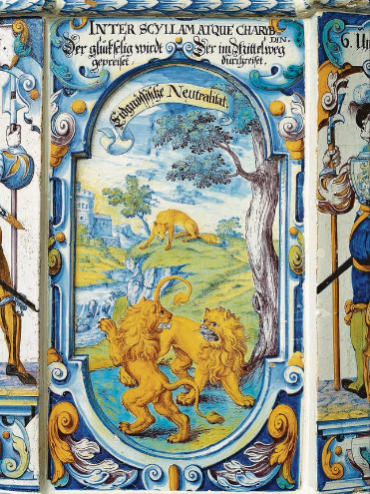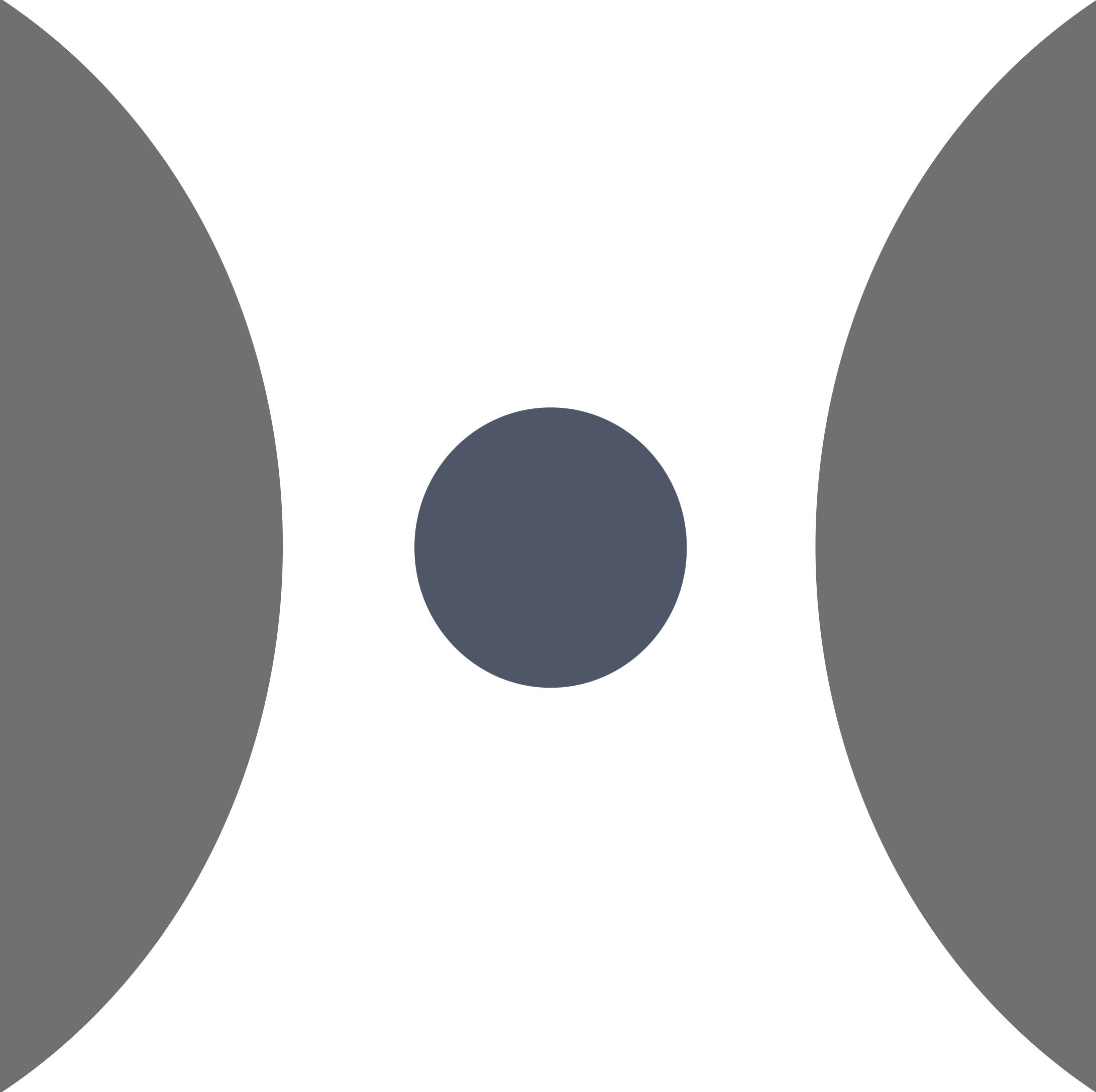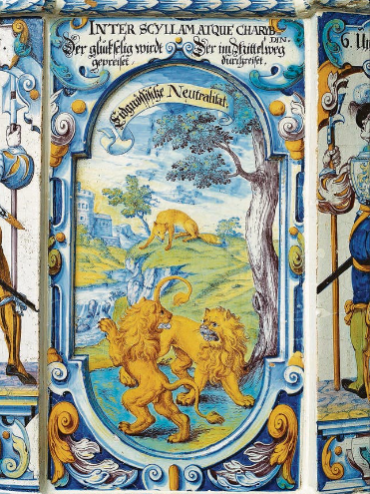Neutrality is Above all a Cunning Wisdom
This article was originally published in German in NZZ am Sonntag, 17.9.2023, p.19, online 16.9.2023: Die Neutraklität ist vor allem auch eine List.
In Switzerland, there is currently much talk about neutrality law and neutrality policy. However, almost never do we hear about the philosophy of neutrality, despite it being the essence of neutrality.
Friedrich Dürrenmatt (1921-1990) has criticized Swiss neutrality. In his speech on Václav Havel in 1990, he spoke of the Swiss as being “imprisoned by their neutrality.” However, Dürrenmatt also made the following statement about the neutrality of our country in a conversation with the publicist Alfred A. Häsler (“Switzerland as a Venture”):
Neutrality is the political stance of a small state that wants to preserve its freedom. The neutral one is as unthreatening and as useful as possible. Neutrality is a cunning stratagem; it belongs to the art of the small state to navigate through the world. I consider the small state to be one of the happiest political inventions: a person as a citizen of a great power does not become better by belonging to a great power but is more easily politically befuddled and therefore dangerous. The small state must maintain its political weapons. That is why I still find the cunning formula of neutrality useful. Only we have moralized and idealized it. In reality, the formula of neutrality is politically cool and calculating.
Associating Swiss neutrality with cunning has a long tradition, as evidenced by the first known symbolic representation of “Swiss neutrality.” It can be found on an elaborately decorated tile stove that the city of Winterthur gifted to the city of Zurich for its new town hall in 1698. The stove is displayed in the Swiss National Museum.
At the top of the stove tower, it reads: “Inter Scyllam atque Charybdin [Between Scylla and Charybdis] / The blissful one is praised / Who travels the middle way.”
On the filling tile below, you can see the inscription “Eidgenössische Neutralität” (Confederal Neutrality) along with two fighting lions observed by a fox in the background. And on the frieze tiles above and below the image tile, in a largely understandable German even today, it says:
When two lions strive
And leave the fox in peace
He will not interfere
Nor hate his own peace
When two potentates quarrel
A wise free land
When it can lie in peace
Not interfere with his hand.Towards everyone one should keep his duties
Who also keep the same
And align himself with the times
Everything, however, in such a way
That he preserves the middle road
And does not take sides
The middle turns away the dangers
Brings personal safety.

The text on the stove does not refer to a specific conflict but maintains a general tone, signaling that the Confederation should permanently adhere to neutrality. If it follows the “middle path” set by neutrality, it achieves “peace,” “tranquility,” and “security.”
Like the fox, who does not interfere in the lions’ fight, a “wise free land” lets two potentates fight but “keeps towards everyone’ its duties.” So, it’s not just about passive evasion but also about fulfilling duties towards the conflicting parties. Perhaps even humanitarian assistance was considered back then.
The behavior of the cunning neutral fox was not perceived as deceitful at the end of the 17th century but was attributed to wisdom.
The same mindset is evident in an etching from 1704 in the “New Year’s Sheet of the Constaffler and Fireworkers in the Zeughaus,” Zurich, interpreted as an allegorical representation of neutrality as a state maxim.

Source: Thomas Maissen in: Jean-François Chanet and Christian Windler (eds.): Les ressources des faibles. […]), Presses universitaires de Rennes 2010, p. 44, https://books.openedition.org/pur/105420 or https://books.openedition.org/pur/105450
In this, a snake and a dove observe the fight between two animals on the other side of a river. Here, neutrality is interpreted as the implementation of advice from Jesus Christ: “Be wise as serpents and innocent as doves.” The snake is considered particularly cunning.
Neutrality, in texts and illustrations of that time, is presented as a manifestation of wisdom. It is positioned not in the realm of neutrality law or neutrality policy, but in the philosophy of neutrality. The philosophy of neutrality highlights “sophia,” “wisdom,” as a pre-legal and pre-political foundation of neutrality. Wisdom, defined by Plato as knowledge of what is best for the state, has indeed proven to be the best for maintaining a certain independence and security of the Swiss Confederation.
In no other country worldwide has the philosophy of neutrality survived for three centuries; the idea that neutrality is a “cunning stratagem” that “belongs to the art of the small state to navigate through the world.”
Harro von Senger, 79, is an emeritus professor of Sinology at the University of Freiburg i. Br. He earned his doctorate in law on the topic of contracts in traditional China at the University of Zurich. Later, he habilitated in Sinology and taught at the University of Freiburg i. Br. More on the topic of this article can be found in von Senger’s book “Das Tao der Schweiz” (The Tao of Switzerland), NZZ Libro Verlag, 2017. See also: www.china-outofthebox.ch.

